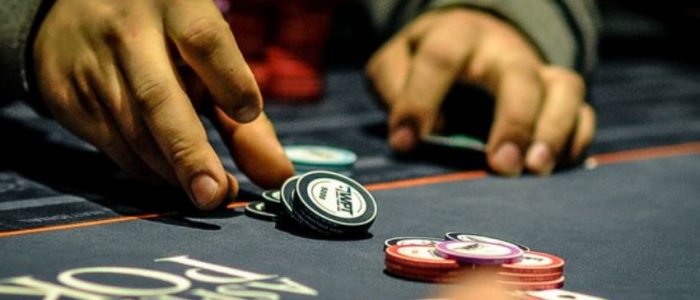Thinking in Bets
We at Mobus Creative Negotiating have often cited the work of Nobel-Prize-winning economists. Today we turn to a different kind of champion, namely, a poker player. More specifically, Annie Duke – a World Series of Poker bracelet winner, the winner of the 2004 Tournament of Champions and the only woman to win the NBC National Poker Heads Up Championship. She is the author of Thinking in Bets: Making Smarter Decisions When You Don’t Have All the Facts, which is not only a fun read but a useful book for business negotiators.
To be sure, games are different from life. In his book Black Swan, Nassim Taleb describes the risk of applying the mathematics of games to the real world: the unknown risks of life are not the same as the known risks of a game of chance. Still, poker is a more instructive game than many others. John von Neumann, the brilliant mathematician who pretty much invented “game theory” loved poker, saying, “Real life consists of bluffing, of little tactics of deception, of asking yourself what is the other man going to think I mean to do, and that is what games are about in my theory.”
Duke advises, “wrapping our arms around uncertainty and giving it a big hug will help us become better decision makers”. In particular, her advice is to always ask, “do I want to bet on that?” because that forces us to consider the consequences for being wrong. A bet forces us to think about the odds and the possibility that someone else may know better.
Duke’s work is controversial. An alternative way to think about decisions is to think not in bets but in experiments. Tim Harford argues in the Financial Times, “Thinking in bets forces a commitment, which is sometimes helpful but sometimes not. Thinking in experiments allows us to learn.” Why living experimentally beats taking big bets (This needs a Financial Times subscription). He concedes that Duke’s advice makes sense for decisions that are by their nature irreversible. Each big poker hand is a one-shot proposition: once you commit yourself, you cannot walk back. But he warns, “Many of the decisions we make are reversible, only stubbornness makes them permanent.” He advocates, “In these cases, the choices can be made in stages, with each step designed to reveal some information.” To be fair to Duke, she would note that poker consists of a series of bets — each round, each hand – and a lot of what a good poker player is doing is learning about the opponents and constantly re-evaluating the situation, which is the essence of the experimental approach Harford extols.

